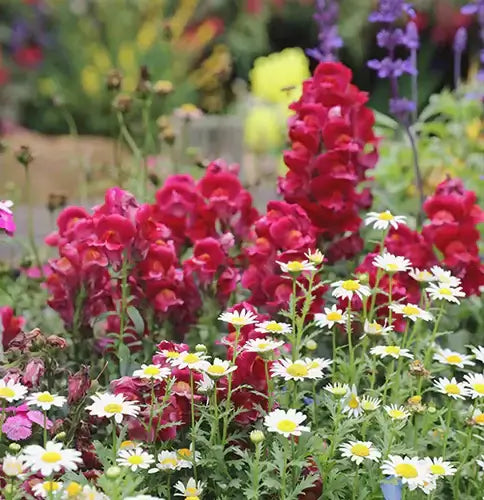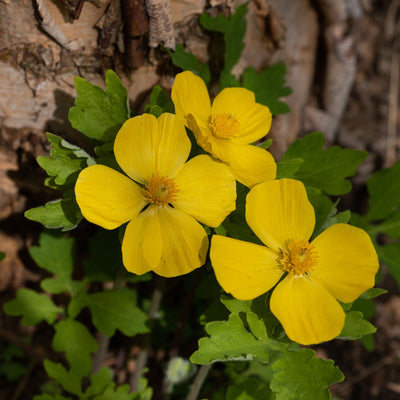I came home after hours spent shopping and decided to look online and found an elegant tree nursery that gave me all that I was looking for and more;
www.tnnursery.net gave me an insight into what I needed and how it can be used other than just right now. By looking at pictures of what plants can be soon and grow into, I was able to visualize what I wanted for that arbor in my natural area, and I found it at TN Nursery.
I found my unique website that day doing all my shopping around and will continue to shop with TN nursery from now on; it can't be beaten.
The plant prices are affordable, the shipping charges are minimal, the service is excellent, and I can do all my shopping in one location without running from store to store, wasting gas, and only relying on small 2-inch pictures to show me what I am getting.
At TN Nursery, they have colored pictures of every product you purchase and product descriptions on every plant so you know exactly what you are putting in your yard, which is excellent and can't be beaten.



